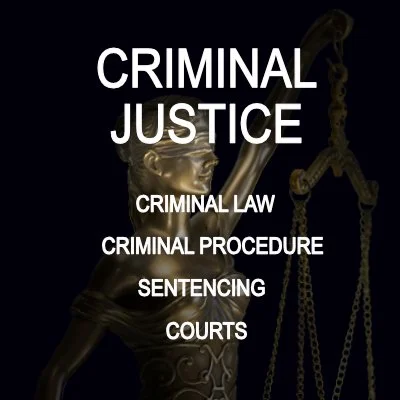Edited by Maureen Mulholland and Brian Pullan with Anne Pullan
This book is about trials, civil and criminal, ecclesiastical and secular, in England and Europe between the thirteenth and the seventeenth centuries. The opening chapter provides a conceptual framework both for this book and for its companion volume on the eighteenth, nineteenth and twentieth centuries. Subsequent chapters provide a rounded view of trials conducted according to different procedures within contrasting legal systems, including English common law and Roman canon law. They consider the judges and juries and the amateur and professional advisers involved in legal processes as well as the offenders brought before the courts, with the reasons for prosecuting them and the defences they put forward. The cases examined range from a fourteenth century cause-célèbre, the attempted trial of Pope Boniface VIII for heresy, to investigations of obscure people for sexual and religious offences in the city states of Geneva and Venice. Technical terms have been cut to a minimum to ensure accessibility and appeal to lawyers, social, political and legal historians, undergraduate and postgraduates as well as general readers interested in the development of the trial through time.
Manchester, UK: Manchester University Press, 2003. 197p.





















